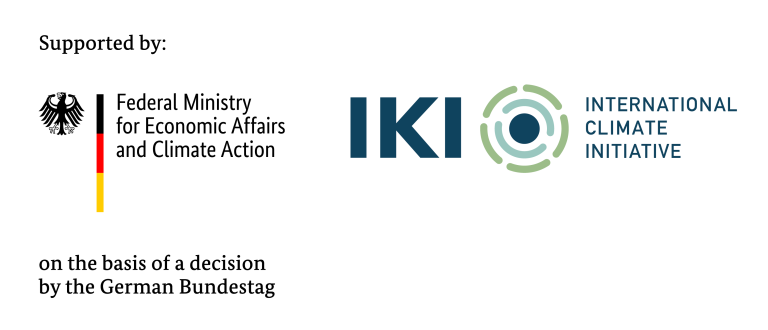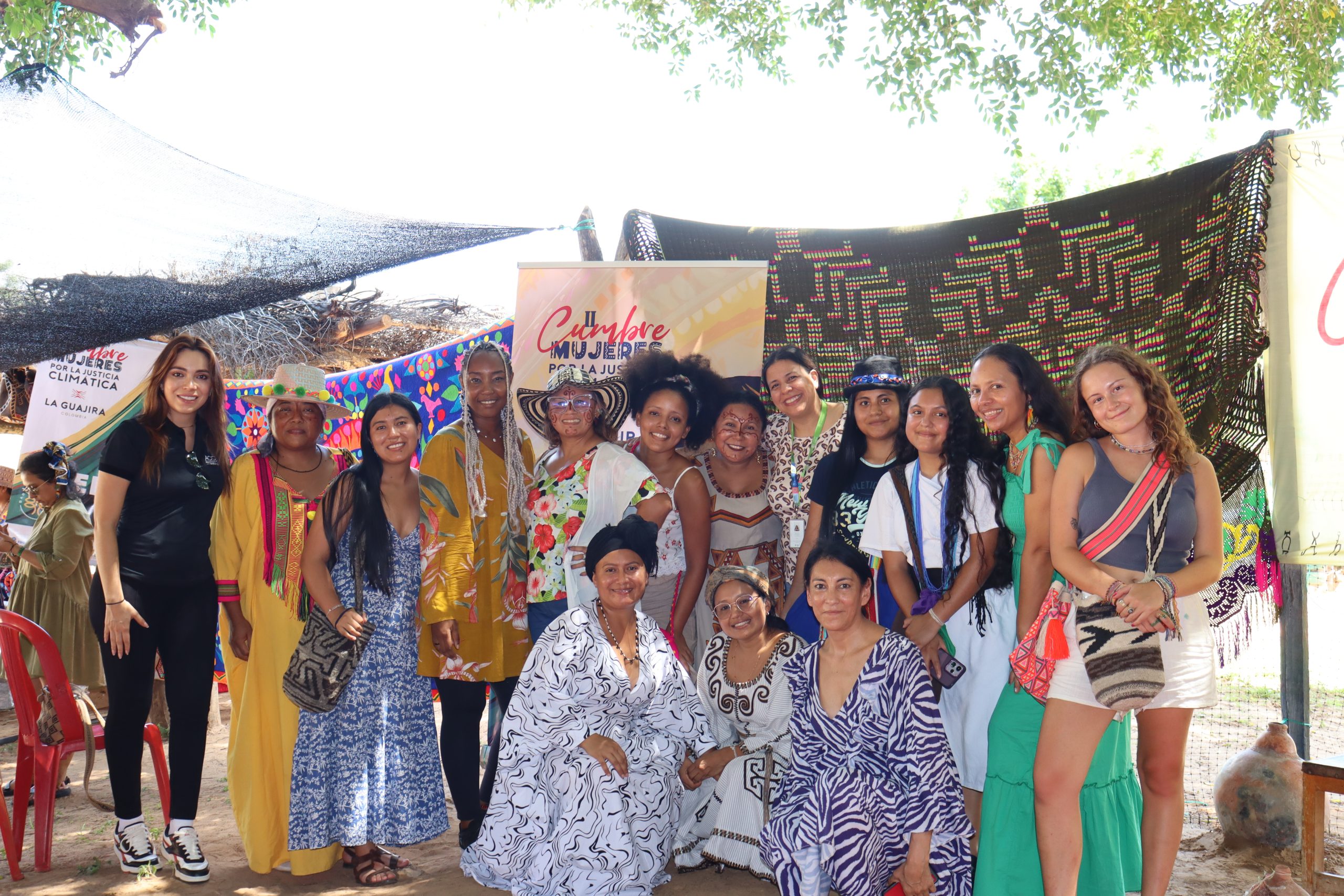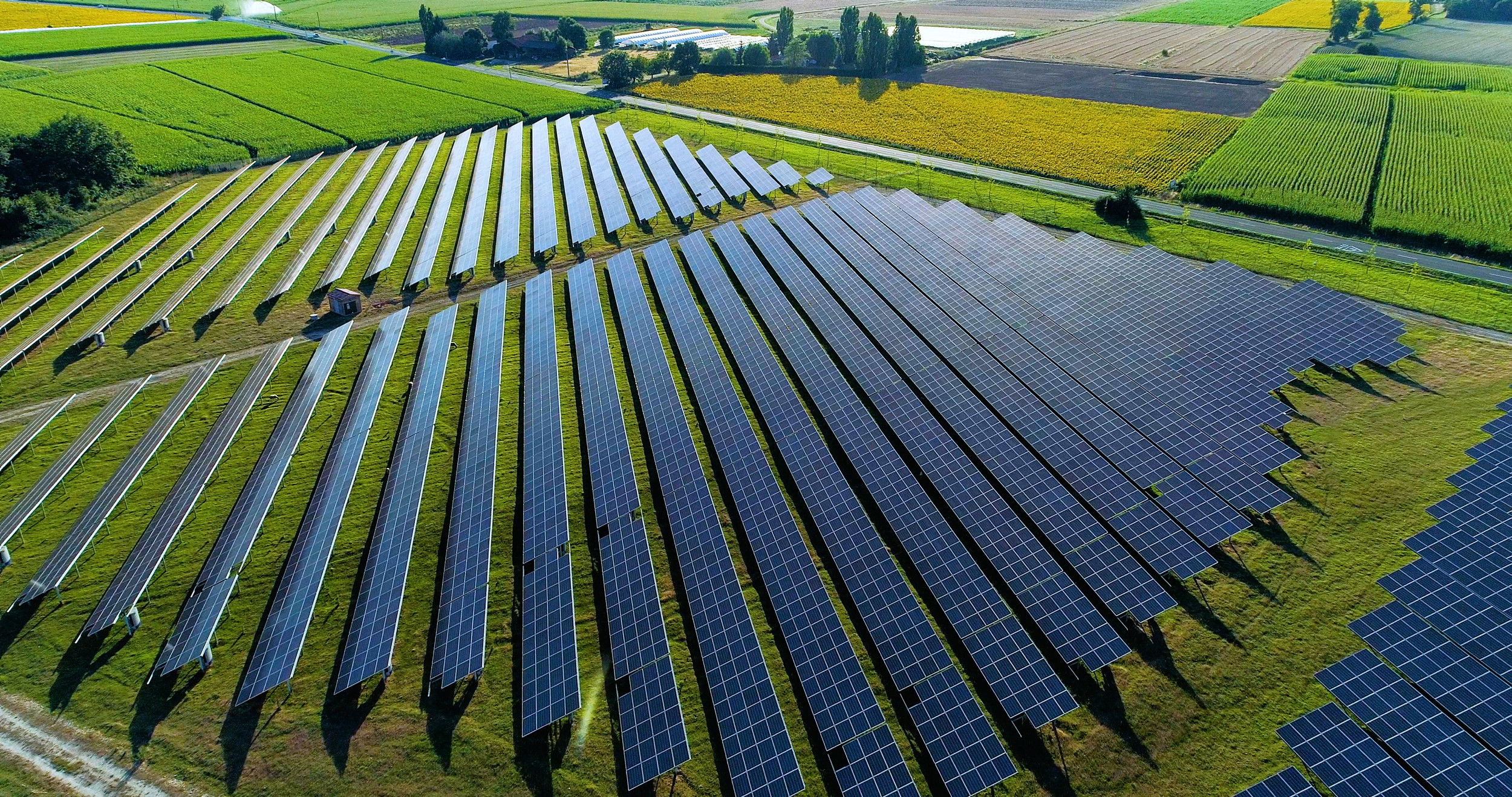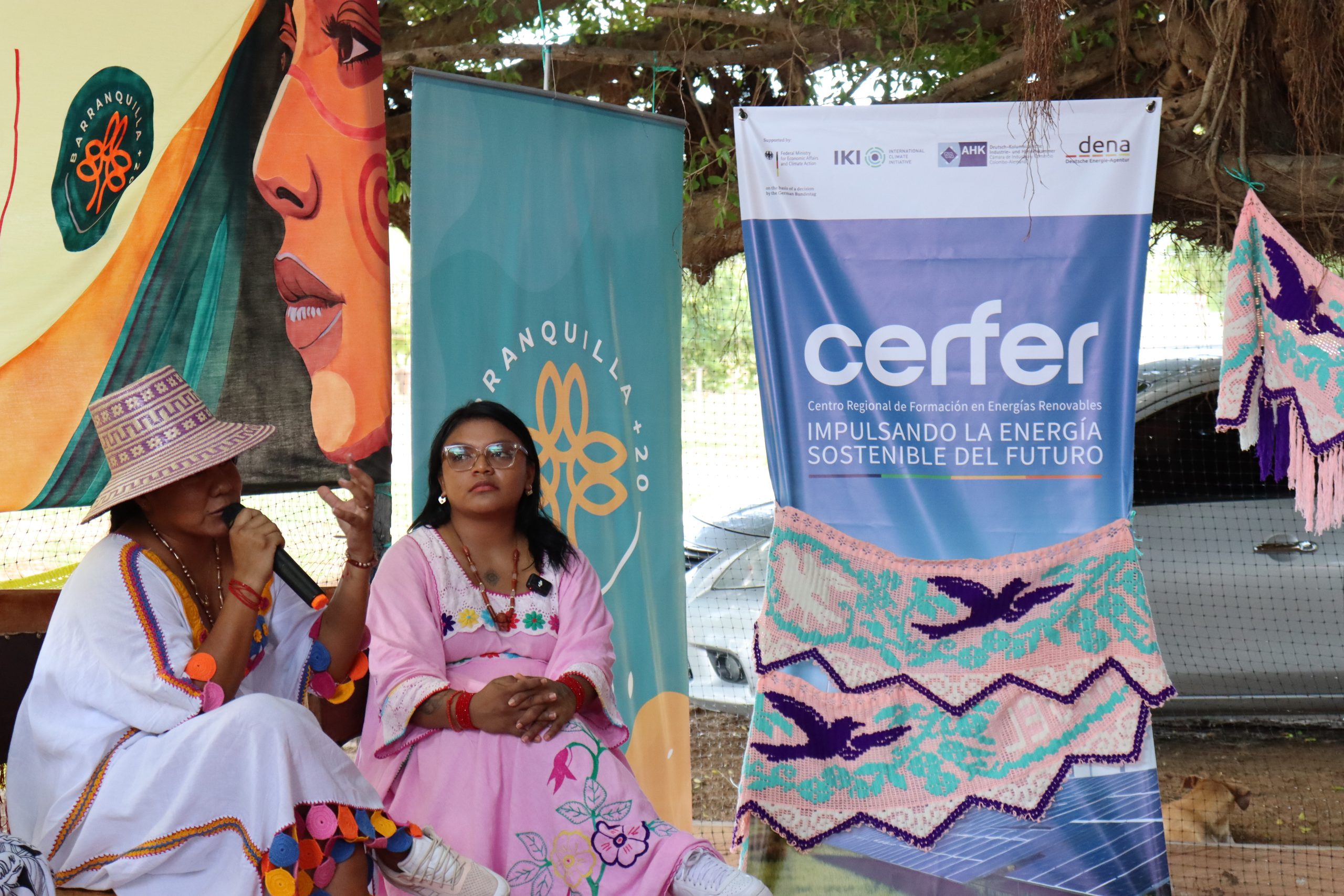Train the trainer (ToT) in transversal pedagogy and differential approach for solar photovoltaic systems.
Participants will understand the importance of identifying the characteristics, needs and interests of students in diverse contexts and will develop pedagogical strategies to design inclusive and effective learning environments. They will provide conceptual and practical tools in pedagogy, didactics and evaluation to create inclusive and meaningful learning environments. Facilitate the design of innovative pedagogical and didactic proposals adapted to the needs of different groups of students. Promote the use of digital technologies and innovation tools as fundamental resources to improve teaching.
Course overview
Train the trainer (ToT) in transversal pedagogy and differential approach for solar photovoltaic systems.
Bogotá: 10th of March – 14th of March
40 hours
Partner: WTS Foundation
Form of evaluation: Evaluated on the basis of attendance
Criteria to receive the certificate: 100% attendance
Course characteristics
The objective of the course is to train highly competent trainers in pedagogy and didactics, enabling them to design, implement and evaluate with a differential approach, innovative teaching-learning strategies in business and educational environments of CERFER. This, with the purpose of strengthening the transfer of knowledge in the specific training of FSS, promoting their personal and professional growth through a differential and collaborative approach.
What will participants learn?
Participants will learn to recognize and apply flexible educational models and pedagogical strategies adapted to diverse contexts and needs.
Professionals taking this course will be able to diagnose students, adapting their pedagogical practices to the needs and interests detected in diverse educational contexts.
They will learn to design, implement and evaluate effective teaching-learning processes, based on pedagogical and didactic foundations.
Participants know how to use technological and multimedia tools to enrich learning environments and develop a critical and reflective approach to teaching, promoting inclusion and respect for diversity in the classroom.
Who is it intended for?
The course is aimed at experts selected by Fenaltec, Contec and Brands Holding, with at least two years of experience in solar photovoltaic systems (SSFV) and skills in communicating with technical teams, with teaching experience being especially valued. Participants must have a technical-occupational, technical-professional, technologist or higher education qualification in electrical, electronic, mechanical, industrial or related engineering, or in areas related to energy transfer and renewable energies. It is desirable that they have complementary training in quality assurance of SSFV, regulations and/or new technologies in the sector. Proven practical technical experience is required, having participated in the structuring or construction of at least 7 to 10 solar photovoltaic systems or accumulated at least two years of experience in design, assembly, installation or maintenance of these systems. Experience with solar systems for productive use and basic or intermediate use of office tools and digital resources are also expected. In addition, skills to communicate technical concepts clearly are valued, as well as socioemotional competencies such as creativity, innovation, empathy, teamwork, organization, adaptability and leadership.
Skills that participants can acquire:
By the end of the course, participants will have acquired a wide range of pedagogical, didactic, technological, critical and evaluative skills that will enable them to perform in educational and professional contexts. They will be able to identify the characteristics and needs of different groups of students, apply diagnostic tools such as surveys and interviews, and design pedagogical strategies adapted to those results. In addition, they will be able to analyze and apply pedagogical models in the design of learning experiences, plan educational processes with clear and innovative objectives, and evaluate learning through instruments aligned with specific competencies. They will also develop the ability to use digital tools, group dynamics and artificial intelligence to foster participation, collaborative learning and inclusion, with a critical understanding of different social, community and business contexts.
Course structure
Module 1. Diagnosis of the Characteristics, Needs and Interests of Students in Differentiated Contexts
This module introduces participants to educational diagnosis, addressing its key dimensions and the design of group or contextual profiles to identify training needs. Strategies adapted to different contexts and methods of group leveling are explored. Through the analysis of practical cases, critical reflection is encouraged and an action plan is drawn up.
Module 2. Pedagogical and didactic references and strategies applied to the training process in SSF
This module deals with pedagogical models and learning theories, with emphasis on their application in the teaching of solar photovoltaic systems (SPS). It goes into depth on curriculum construction and planning, as well as on the elaboration of teaching sequences adapted to different learning environments.
Module 3. Planning and Orientation of the Training Process
This module delves into the pedagogical and didactic references applied to LSS training, addressing the planning of academic programs through syllabi and learning objectives. Didactic resources and curricular approaches such as Project-Based Learning (PBL) are explored, with specific strategies for LSS. The module culminates in a practical workshop on the design of training experiences.
Module 4. Learning monitoring and control strategies
This module focuses on the control and monitoring of learning from a competency-based approach. It covers formative assessment concepts and techniques, strategies for monitoring student progress and the design of monitoring tools. Through practical exercises, participants apply what they have learned.
Module 5. Educational and Technological Innovation
This module deals with the use of Information and Communication Technologies (ICT) in education, exploring multimedia tools, digital platforms, gamification and artificial intelligence applied to the field of education. Group dynamics and innovative strategies to enhance learning are analyzed. In addition, specialized digital tools are presented for the development of knowledge in solar photovoltaic systems (SPS), culminating with the end of the course and the integration of the contents covered.
Our Specialists
Andres Felipe Valencia
Expert Partner -WTS Foundation
The WTS Foundation is a non-profit organization created by WTS Energy Global. WTS Energy Global is present in more than 20 countries on 4 continents, including 4 offices in Africa. The WTS Foundation has multiple levels of impact. From regional to local community, with a strong focus on youth development.

Staying up to date on new courses?
Have a look at our courses

Lead










